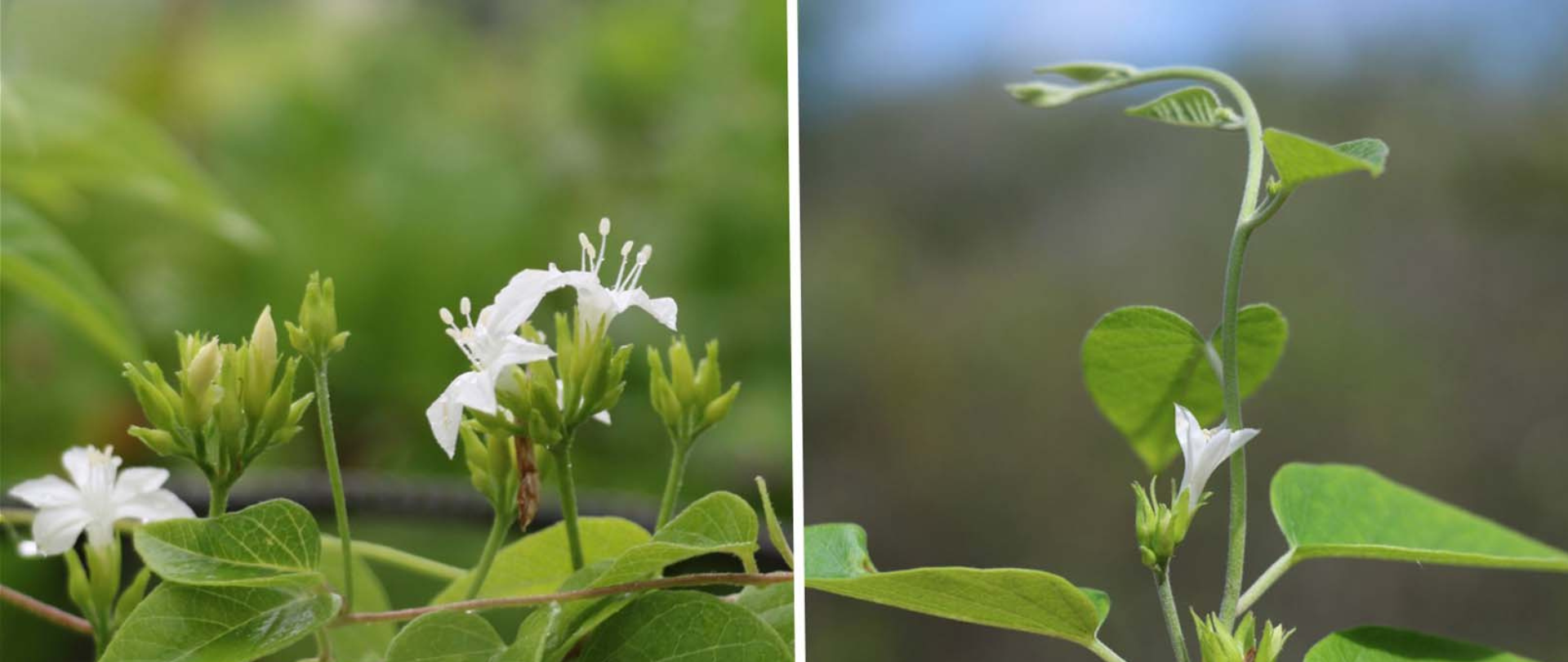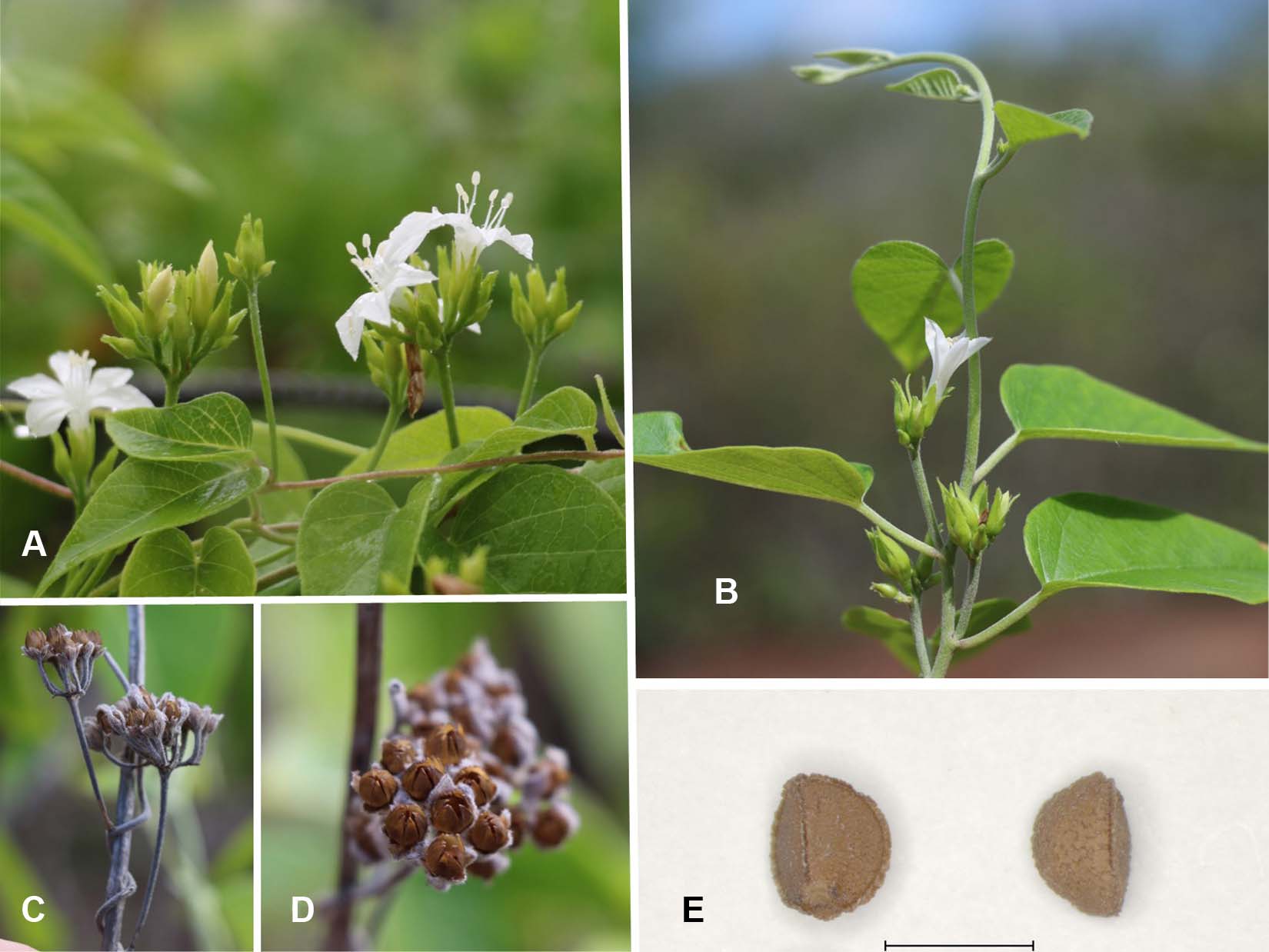April 16, 2025
What works to save species from extinction?
Conservation works to save species from extinction--and it works really, really well!
We use cookies to help you navigate efficiently and perform certain functions. You will find detailed information about all cookies under each consent category below.
The cookies that are categorized as "Necessary" are stored on your browser as they are essential for enabling the basic functionalities of the site. ...
Necessary cookies are required to enable the basic features of this site, such as providing secure log-in or adjusting your consent preferences. These cookies do not store any personally identifiable data.
Functional cookies help perform certain functionalities like sharing the content of the website on social media platforms, collecting feedback, and other third-party features.
Analytical cookies are used to understand how visitors interact with the website. These cookies help provide information on metrics such as the number of visitors, bounce rate, traffic source, etc.
Performance cookies are used to understand and analyze the key performance indexes of the website which helps in delivering a better user experience for the visitors.
Advertisement cookies are used to provide visitors with customized advertisements based on the pages you visited previously and to analyze the effectiveness of the ad campaigns.
Looking to make an impact this Earth Month? Here’s how.

Island plants are special. Not only are islands the origin for almost a third of all plant species in the world, but about a fifth of all the Earth’s plants are found only on islands. And that number is growing: in 2018, a feasibility study co-led by Island Conservation and Société d’Ornithologie de Polynésie Manu (SOP Manu) facilitated the discovery of a new plant that has just been officially designated a new species!
In 2013 and 2015, while working on the “Flore de la Polynésie française” (Flora of French Polynesia) project, a researcher named George Staples discovered two unusual plant specimens from the Marquesas Islands, French Polynesia. These specimens were intriguing because they lacked flowers, making identification difficult. However, they hinted at a potentially new species of Jacquemontia—a plant that hadn’t been collected for nearly a century! One of the reasons this genus of plant is so little-known is that it thrives on islands that are largely uninhabited.
One such island is small, uninhabited Mohotani. With its vegetation decimated by invasive species, the soil of Mohotani is easily eroded away, because there are so few roots and plant structures to hold it down. As a result, the sea around the island is often stained red by soil runoff after rains.
Determined to find this elusive plant, another researcher, Jean-François Butaud, conducted field trips to the Marquesas from 2017 to 2019. During an intensive 10-day expedition on Mohotani in October 2018, Butard and his team searched tirelessly for the plant. Just as the trip was ending, Marquesan guide Nazario Kahueinui spotted the plant. Island Conservation’s very own Richard Griffiths took a photo and sent it to Butard, who confirmed it to be the mysterious Jacquemontia!

Verifying the existence of a new species is a complicated process. The team compared the specimens with all known Jacquemontia species from the Indo-Pacific region. They also consulted an expert on Neotropical Jacquemontia to rule out any other possibilities. The new species was named Jacquemontia mohotaniensis, underscoring the importance of protecting Mohotani, a designated conservation area in French Polynesia.
The story of Jacquemontia mohotaniensis is proof that collaboration between different environmental organizations is key to preserving and protecting these precious, fragile ecosystems. We still have so much to learn about the world’s remote islands. If it wasn’t for conservationists’ passion to protect these small, obscure places, we would never have known that Jacquemontia mohotaniensis existed. Who knows what else is still to be discovered?
To hear more exciting stories from some of the Earth’s most remote places, join our newsletter. To support Island Conservation’s collaborative efforts to holistically restore islands for nature and people worldwide, become a supporter today!
Check out other journal entries we think you might be interested in.
Notifications